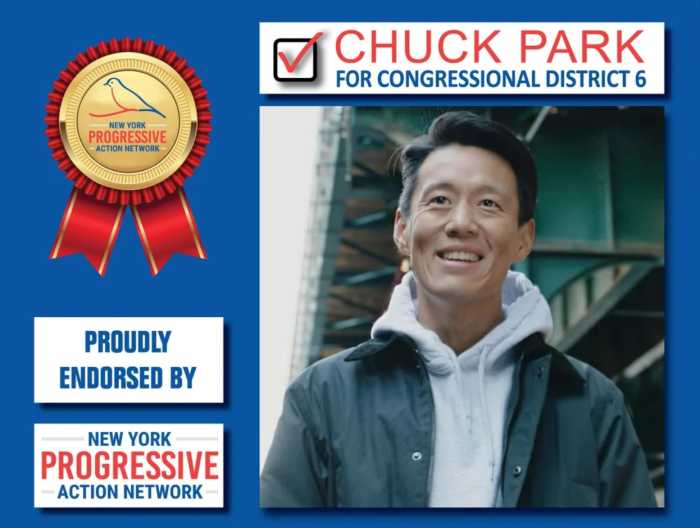The State Senate today, Feb. 3 passed a legislative package to make the state’s education system more diverse.
The package is made up of six bills that seek to better diversity in the educational workforce, expand SUNY’s reach of Educational Opportunity Program (EOP) and correct for racial inequities.
Sen. John Liu (D-Queens), Chair of the New York City Education Committee, was the prime sponsor of two of the measure, the first of which aims to implement a ‘Grow Your Own’ initiative to help more New Yorkers become educators.
“While there is a stark lack of diversity among the ranks of New York’s teachers, ‘Grow Your Own’ programs help address teacher shortages and remove barriers for people of color who want to teach,” said Liu.
“Promoting diversity can create an environment that cultivates better ideas and brighter futures for all. In order to progress as a society we must do all we can to update systems that have for far too long neglected to be truly representative of our population,” he added.
Senate bill S.1137, Liu’s second bill, plans to expand eligible religious holidays observances for students of city and state universities.
Senator Robert Jackson (D-Upper Manhattan) also sponsored two bills in this package; both of which have their lens focused on solving racial inequities in the educational system.
The first of his two bills plan to move the Amistad Commission – currently under the Department of State – to the State Education Department. The Amistad Commission was created in 2005 by the Legislature to review New York State’s curricula regarding the transatlantic slave trade and slavery in America,
“As we approach the 500-year anniversary of the 1521 Monte Alegre rebellion in Santo Domingo—the first historically recorded rebellion of Black people in the Americas—it makes sense to reevaluate the work of the Amistad Commission by placing it under the purview of NYSED,” Jackson said.
Jackson’s second bill focuses on directing the commissioner of education to convene statewide and regional conventions to provide more support, training, and mentorship opportunities for underrepresented educators.
“Being a teacher from an underrepresented racial or ethnic group can be very isolating and make it hard to do your job well. By directing NYSED to hold an annual convention for underrepresented teachers, we are directing resources to improving the support networks for these teachers so they can provide an even better education to the diverse children of New York State,” he said.
Former public school math teacher Sen. Jabari Brisport’s (D-Brooklyn) bill is also in line with racial equity, focusing on creating a task force dedicated to studying educator diversity.
“We know that having a teacher who looks like them can have a big impact on educational outcomes for Black and Brown students, and they each deserve that opportunity,” he noted. “We must proactively seek out strategies to open the door for more people of color to become teachers and to be supported once they do.”
Sen. Jamaal Bailey (D-Bronx) sponsored the last measure in the package. It seeks to establish a state commission to study the 10 SUNY community colleges that have not participated in the Educational Opportunity Program (EOP).
Senate Majority Leader Andrea Stewart-Cousins (D-Westchester) commented that the senate majority is committed to tearing down barriers that create inequities in the school system.
“This legislation package continues those efforts through advancing programs to attract diverse educators, strengthening the community of underrepresented educators, and establishing a task force to study educator diversity. We know that our children learn better when they see themselves in their teachers,” she said.
Senate Chair of the Committee on Higher Education, Sen. Toby Ann Stavisky (D-Queens) summed up the bill in her comments, saying:
“It is our different cultures, backgrounds and ethnicities that help enrich our shared experiences. This legislation will help ensure that all of our student populations are well represented in our schools from pre-K through college. By fostering a more diverse teaching community, and creating a more inclusive learning environment, we can help shape a stronger, more unified New York for generations to come.”








